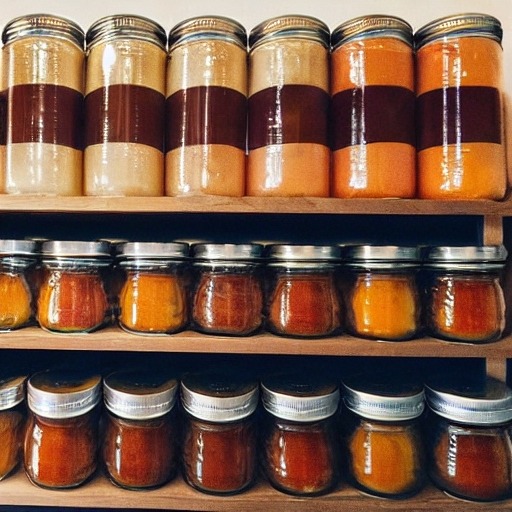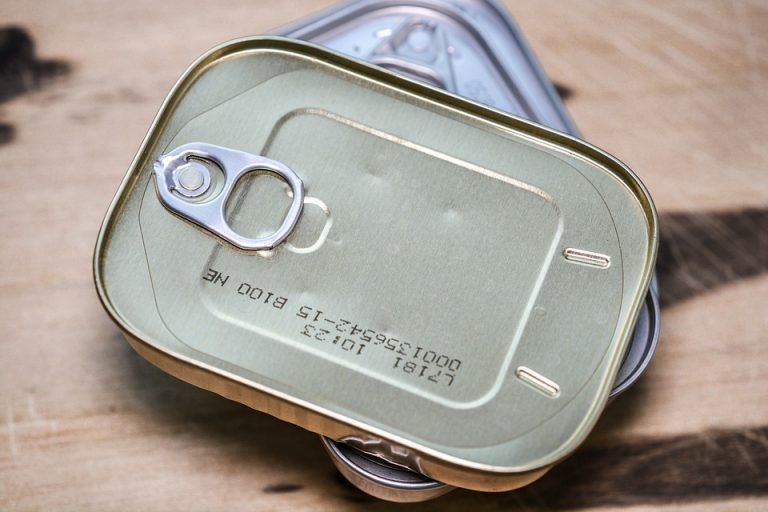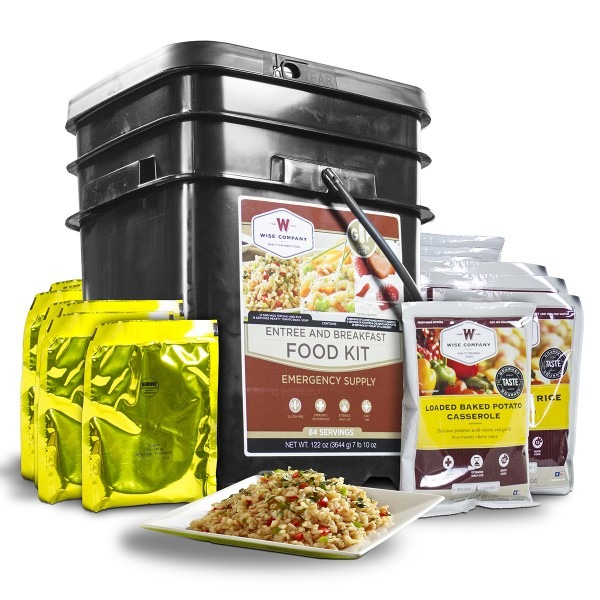In today’s fast-paced world, the concept of family preparedness has gained renewed significance. As uncertainties in life continue to mount, many families are turning to time-honored practices like canning to ensure their loved ones are well-prepared for whatever challenges may come their way. Canning, a method of preserving food, not only promotes self-reliance but also fosters a strong sense of connection with generations past. In this article, we’ll explore the fascinating world of canning and how it is intricately linked to family preparedness.
The Art of Canning

Canning, also known as home canning or jarred preserving, is a centuries-old practice of storing food in airtight containers to extend its shelf life. This method involves heating food to a high temperature to kill bacteria and other microorganisms, followed by sealing it in glass jars with a vacuum seal. By doing so, the food remains safe to eat for an extended period, often up to one year or more.
Canning provides several key benefits for family preparedness
- Food Preservation: Canning allows families to preserve the bounty of their gardens or take advantage of seasonal sales by buying in bulk. This not only reduces food waste but also ensures a readily available supply of nutritious, homegrown or locally sourced food.
- Cost-Effective: Canning is a budget-friendly option for stocking up on food. Purchasing fresh produce in season and canning it can be significantly cheaper than buying store-bought canned goods.
- Emergency Preparedness: Having a well-stocked pantry of canned goods is an essential component of any emergency preparedness plan. Canned foods can provide sustenance when facing natural disasters, economic hardships, or unexpected crises, .
- Self-Sufficiency: Canning empowers families to become more self-sufficient. It fosters a sense of independence as families take control of their food supply. Canning reduces reliance on processed, store-bought items.
- Family Bonding: The practice of canning can become a cherished family tradition. Working together to harvest, prepare, and can food creates a sense of unity and purpose within the family.
Canning Basics
To get started with canning, you’ll need a few essential items:
- Canning Jars: Mason jars or similar glass containers with airtight lids are the most commonly used vessels for canning.
- Canning Equipment: This includes a large stockpot or a pressure canner, a canning funnel, a jar lifter, and a canning rack.
- Fresh Ingredients: Choose high-quality, fresh fruits, vegetables, or meats for canning. Quality in, quality out!
- Recipes: Invest in reliable canning recipe books or online resources that provide tested and safe canning instructions. It’s crucial to follow proven recipes to ensure food safety.
- Patience and Care: Canning is a precise process that demands attention to detail. Be prepared to follow all recommended safety guidelines to ensure the safety of your canned goods.
Canning is more than just a means of food preservation. It’s a way for families to embrace self-reliance, ensure their preparedness, and pass down valuable skills to the next generation. As the world continues to change, the art of canning remains a steadfast tradition. It not only helps secure a family’s future but also strengthens the bonds that tie them together. So, roll up your sleeves, gather your loved ones, and start canning. It’s a delicious journey towards family preparedness and self-sufficiency that you won’t regret.



